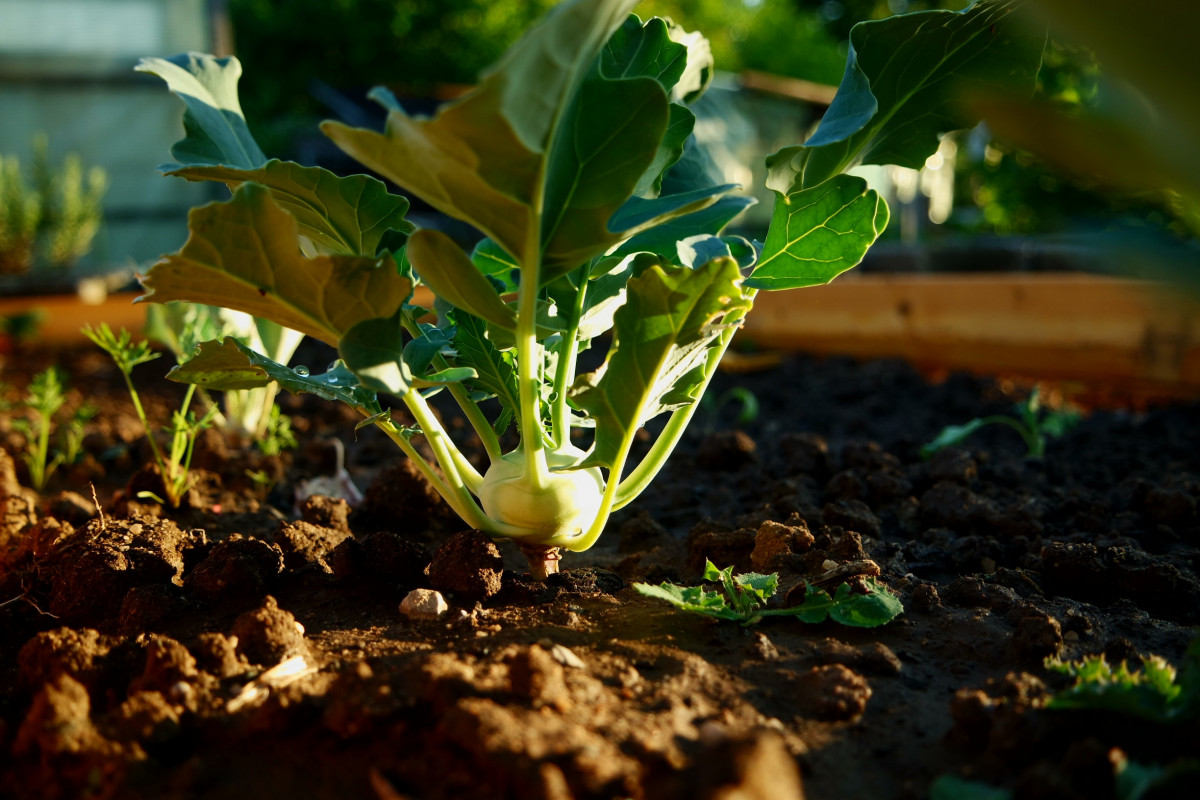
Have you ever imagined what makes good soil? If you haven’t done so currently, then you need to because there’s a lot more to it than meets the eye. It has different uses that you may not understand, as well as having great soil in your lawn is essential for your plant’s health.
Tips to Have a Healthy Soil
While lots of gardeners take excellent treatment of their plants, a couple of people take into consideration soil management. When you begin to consider your soil as a living entity, comparable to the plants you produce, it becomes less complicated to maintain and keep it healthy. After all, great plants grow in healthy and balanced soil. Here are some recommendations for keeping great soil.
Aeration
Roots need both airs as well as water, and oxygenation is the process of introducing air right into the soil. The earth can become soggy if there isn’t enough air, as well as the plants might sink. The primary demand is a decent soil mix or any kind of essential modifications to the existing soil.
Any type of growing medium can take advantage of a mix of ordinary dirt, sand (inorganic matter), and garden compost (decomposed organic matter). The earthworm is one more excellent aerator. They separate the soil as they dig with it, raising the natural tilth. Worms are constantly existing in a healthy and balanced ecology. If you are having problems regarding your soil, look for companies who offer advisory services to help you solve your problems.
Organic Matter
Decomposed plants, food scraps, manure, as well as leaves are all good examples of garden compost. It will certainly add nutrients, boost hydration, help in root nourishment intake, promote healthy and balanced microbial life to keep soil healthy, aerate, add carbon dioxide for more substantial plant development, and buffer the soil pH to maintain it neutral when blended into the soil. Look for affordable amendments to help you have healthy and balanced soil.
Good Drainage
A lot of clay will maintain the water in the soil for a long time. This is unsafe to the root systems in numerous ways. As previously mentioned, a plant can sink if the soil is soaked, yet it can likewise cause salt retention.
All-natural salts exist in all soils and are normally harmless, but they can be toxic to lots of plants if they gather. Water is, obviously, the only technique to clean these salts out. Inorganic material, such as sand or decomposed granite, can be used to handle this concern.
Proper pH Level
The pH degree of neutral water is between 6.5 as well as 7.3. Anywhere else in the 1-14 range, plant overall health starts to deteriorate. Roots struggle to metabolize as well as take up minerals, especially iron, in acidic or alkaline soil. Despite the fact that the soil is abundant in iron, it might appear unwell and undesirable because of an iron deficiency.
Many individuals notice the yellowing as well as wonder why the plants improve by tossing added iron at them. Incorporate compost, gypsum, or sulfur to alkaline soil, wood ash, or limestone to acidic soil. It is crucial to establish the pH of your soil to identify what problems you may be experiencing. High quality soil means high-quality plants. Invest in your soil to have healthy plants.
Healthy Microbial Life
Germs as well as fungi are bacteria that break down natural things into more fundamental chemicals. There are suitable varieties that provide nutrition as well as unsafe kinds that create health issues.
As a result, when microbes are scarce, illnesses, as well as nutrient deficiencies, are more probable to take place. The solution is to add degraded raw material to the mix. This will develop a healthy and balanced environment for microbial life to thrive in.
Conclusion
Soil, like numerous various other components of the lawn, requires standard care. You’ve understood some helpful tips for developing healthy soil. The following step is to go outside into your lawn and analyze your soil as well as help your plants if the soil is of poor quality.




